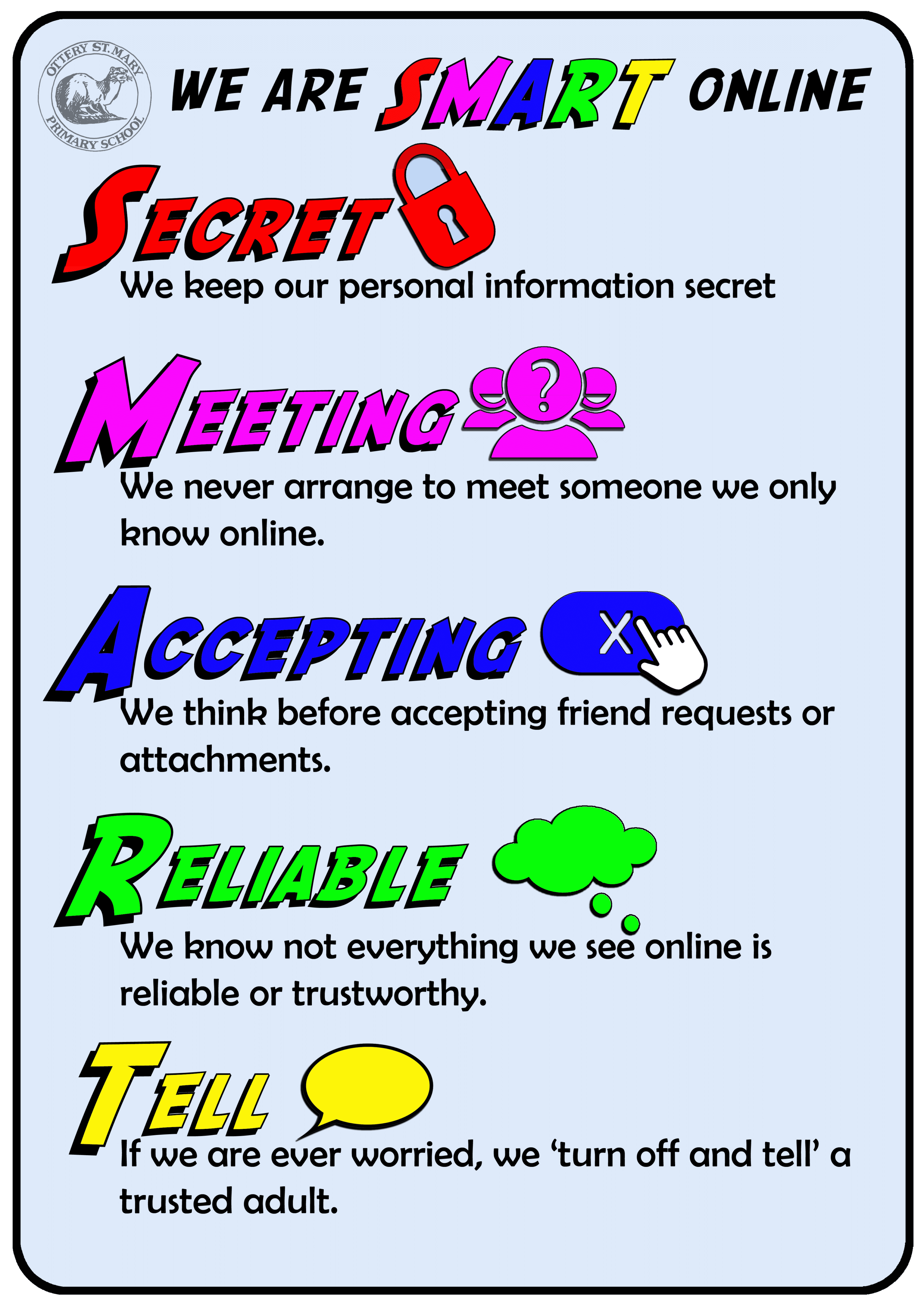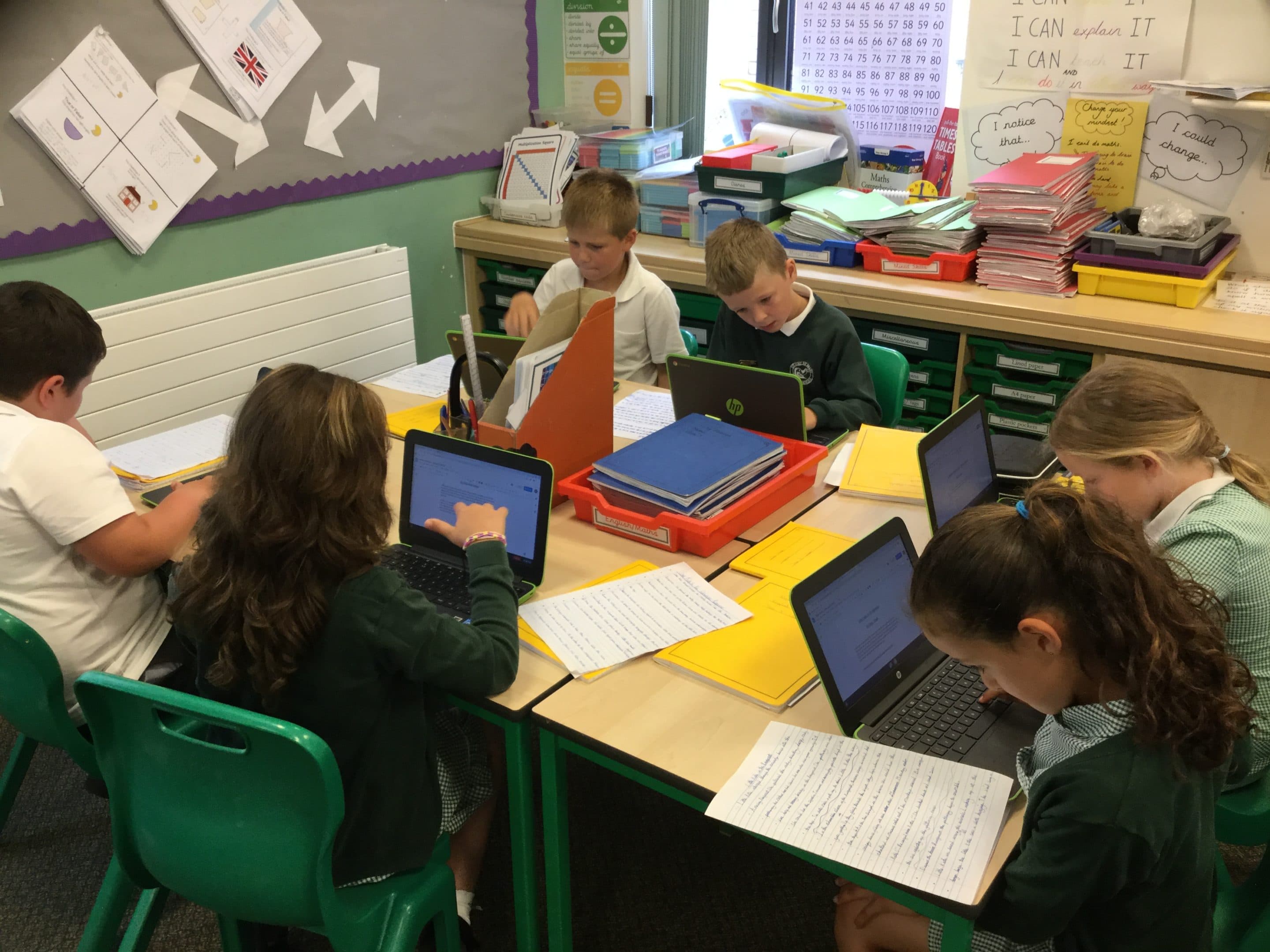Safer Internet

Online Safety
At Ottery St Mary Primary, we share a monthly e-safety newsletter with our parents and carers as we know how important it is to stay up to date with the latest internet safety advice. The most recent editions of our newsletter can be found below:
Online Safety Newsletter April 2022
Online Safety Newsletter March 2022
Online Safety Newsletter Feb 2022
Online Safety Newsletter Jan 2022
Online Safety Newsletter Dec 2021
Online Safety Newsletter November 2021
Online Safety Newsletter October 2021
Useful Safeguarding Sites include:
NSPCC homepage (https://www.nspcc.org.uk/)
Also specifically a link to NSPCC Share Aware (https://www.nspcc.org.uk/preventing-abuse/keeping-children-safe/share-aware/)
Devon Safeguarding Children’s Board (http://www.devonsafeguardingchildren.org/)
DCC Child Protection Information (https://new.devon.gov.uk/educationandfamilies/child-protection)
Safer Internet Cribsheets:


Safer Internet
At Ottery St Mary Primary school, we know that the internet is a powerful learning tool but it can also provide certain risks for children. Safer internet skills are taught through the computing curriculum and each half term through PSHE. We also celebrate Safer Internet Day annually. The children follow SMART internet safety rules which are displayed around the school. This section of our website is designed to help you and your children ensure that they are safe online.
There are a number of useful websites that are well worth exploring with your children.
A website for parents which contains reviews of current apps and up to date advice about websites, apps and games which children may be encountering.
E-Safety games and activities designed to be used by Year 3 and 4 independently. They can be accessed by children in Years 1 and 2 with adult support.
This contains E-Safety games and resources aimed at 8-10 year olds
Produced by the CBBC team at the BBC, this site contains lots of useful advice for children to consider when they are online.
This site helps parents think about some of the main issues facing children online. It will help you to spot if your child is getting into bad habits and start a dialogue with them. It is divided into primary and secondary sections.
This is a government sponsored website which advises you on how to keep your computer safe from viruses, fraud and hackers.
Microsoft Safety and Security Centre
Tips and advice on your computer and social network settings by the Microsoft team.
Having a calm and open conversation is one way for you and your child to explore what is happening in an honest and supportive way.
from www.thinkuknow.co.uk
